- Expert advice/
- Venues & vendors/
- Wedding venues/
- Courthouse Wedding Checklist
- Wedding venues
Courthouse Wedding Checklist
If a big reception with all the bells and whistles isn’t your speed, consider this courthouse wedding checklist for a simple yet sweet ceremony.
Last updated February 5, 2024
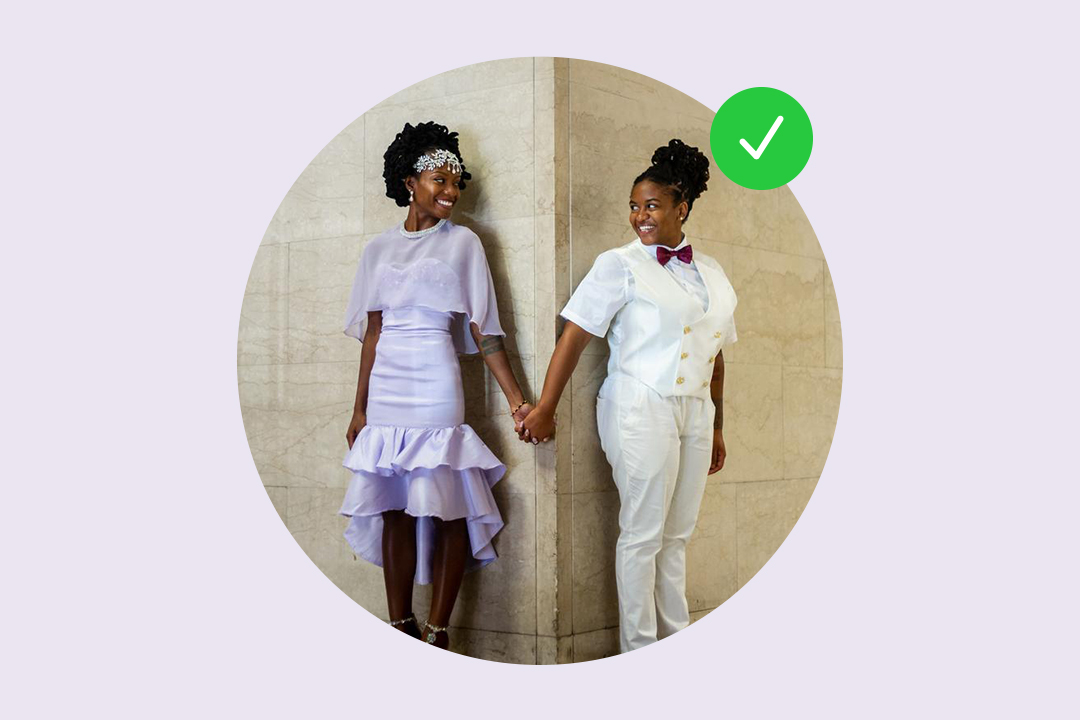
The First Look ✨
- If you're planning a courthouse wedding, determine your expectations for the day, get your documents in order, and make the day special.
- Perform a thorough search of the courthouses in your area.
- Don’t forget to check your state’s laws when it comes to marriage certificate fees, ceremony fees, and waiting periods.
- A few personal touches, like special wedding outfits, bouquets, and personal vows can make your more wedding memorable.
For some couples, a big reception with bells and whistles doesn’t feel like a true celebration of their love. So instead, they ditch the wedding vendor checklist and extravagant week of the wedding checklist to solidify their union in front of the only people who truly matter: each other (and a few government employees).
If this sweet and simple ceremony sounds right to you, read on for the ultimate courthouse wedding checklist:
- After the Engagement: Deciding on a Courthouse Wedding
- 6 to 8 Months Prior: Setting a Date
- 5 Months Prior: Planning for What Comes After
- 3 Months Prior: Assembling Your Documents
- Day of: Last-Minute Details
Do I Need a Checklist for a Courthouse Wedding?
Courthouse weddings have a reputation for being easy to plan and execute. So, do you really need a checklist?
The answer is yes and no.
Yes, courthouse weddings can be easier to plan than more extravagant or even moderately big weddings, but easy doesn’t mean effortless. No matter the size and scope of your wedding ceremony, there are some steps you simply can’t avoid (and won’t want to forget).
The bottom line: All weddings need a checklist, even if you’re planning a no-nonsense courthouse ceremony.
After the Engagement: Deciding on a Courthouse Ceremony
The excitement of getting engaged is something to cherish, but it can also stand in the way of planning. Even at this early stage, you’ll need to get on the same page as your fiance and check a few crucial tasks off your courthouse wedding checklist.
When discussing the possibility of a courthouse wedding, talk through the factors on this checklist:
-
Timing: The beauty of courthouse weddings is that they’re faster than traditional weddings. If you’re looking to make your union official as soon as possible, then a this is the way to go. Talk to your partner about the wedding day timeline you’re considering, and make sure you’re on the same page when it comes to a date.
-
The guest list: Courthouse weddings are small. Make sure you and your partner agree about keeping the guest list short. Discuss who you want to present if anyone at all. Most states require one or two witnesses to marry two individuals, which means you’ll have to decide whether these witnesses are friends, family, or strictly professional (like a photographer or city hall employee).
-
How you feel: Opting to have your wedding at a local courthouse is a big decision. While some couples couldn’t be happier about their quickie wedding, others may leave with feelings of regret. Before committing to a city hall wedding, make sure both of you are fully confident in your choice.
6 to 8 Months Prior: Setting a Date
Courthouse weddings may be quick, but they’re not instant. Even a civil ceremony requires some organization, so let’s break down the steps for your city hall ceremony checklist.
1. Pick a Courthouse
Not all courthouses are created equal. The size and location of the facility you choose can make a difference in how the day plays out. While larger city halls may be busier, they also offer beautiful architecture for your photos.
Smaller county courthouses, on the other hand, maybe better for a more intimate marriage ceremony. These facilities also tend to have shorter lines, and you might get a more personal experience that isn’t as rushed. Talk through these factors when deciding on a location:
-
Proximity: Are you looking to get married close to home, or would you rather make a day trip out of it with an overnight stay in a nearby bed and breakfast? The location of your courthouse will influence your schedule for the day.
-
Guests: Each courthouse places a unique limit on guests. If you want a few friends and family to join you on your special day, this is something to consider when selecting a location.
2. Adhere to Local and State Laws
Every state has different laws regarding marriage. Before you choose a location, it’s important to brush up on the local legislature. Make sure you fully understand every item on this checklist and prepare for them in advance:
-
Marriage Certificate Fees: Marriage certificate fees can range from $10 to $115, depending on the area you live in. Prepare for these costs by researching local laws, especially if you’re getting married in a state you don’t live in. Some places (like Delaware) hike up their fee for out-of-state applicants.
-
Ceremony Fee: Some states also charge an additional ceremony fee for city hall marriages, usually around $35.
-
Premarital Counseling: In certain areas of the United States, couples applying for their marriage licenses are required to complete premarital counseling classes. In some cases, completion of these classes can significantly reduce the cost of your marriage certificate fee.
-
Waiting Period: After you obtain your marriage license, you may be subject to a waiting period (somewhere between 24 and 72 hours). There will also be a grace period from the time you receive your marriage certificate until you actually get married. If you wait longer than your local grace period, your marriage license could expire.
3. Finding an Available Location
Courthouses are government buildings, and sometimes they’re busy. This can be frustrating, especially for couples looking to elope, but it’s something you’ll need to deal with.
Since city halls have set hours, your courthouse wedding will probably take place on a weekday between 9 a.m. and 5 p.m. While these hours aren’t ideal for a romantic celebration, couples who organize their event ahead of time will be better off scheduling-wise.
The last thing you want is to show up at the courthouse—fully dressed and ready to be wed—only to find out they’re booked for the day.
5 Months Prior: Planning for What Comes After
Once your love is fully recognized by the law, you’ll be able to celebrate—don’t forget to plan what that celebration will look like in advance. Plus, after you tie the knot, you’ll still have to tie up a few loose ends.
While some couples like to keep their post-wedding plans simple, others may choose to go all out. Wherever your personal taste lies, follow this quick checklist for celebrating the beginning of your new life.
4. Honeymoon
Some couples opt for a courthouse wedding to save money for the real celebration—the honeymoon.
The average price of a wedding in the United States is $33,900, and that’s not including honeymoon costs. Now think about how many hotel rooms, flights, and sightseeing activities you could get for that amount of money (keeping in mind the average honeymoon in the U.S. only costs $4,466).
To plan a honeymoon that lives up to your expectations, be sure to hit each item on this checklist:
- Book flights (and consider splurging for a cabin upgrade)
- Reserve romantic accommodations
- Plan a few special activities in advance
- Organize transportation to and from the airport, especially if you’re leaving right after your courthouse ceremony
- Put someone in charge of the post-wedding cleanup, so that you don’t have to worry
5. After Party
If you’re interested in a private courthouse ceremony, but still want to celebrate with friends and family, consider hosting an after-party. This celebration can take place at a restaurant, bar, or even in the comfort of your own home after the big day. (Your guests may even meet you outside the courthouse to kick the celebration off early.)
You can go big or small, just remember to take venue, food and drinks, and transportation into account.
6 Send Thank You Cards
A courthouse wedding may help you save money on thank you cards, but that doesn’t mean you have to forgo them entirely. Some couples choose to order a handful of cards, just in case. These can be sent out to anyone involved in the ceremony, engagement, or post-wedding celebration. Recipients may include:
- Your witnesses
- Your family
- Anyone who sent you gifts
- Guests who attended your engagement party, wedding shower, or post-wedding celebration
While these won’t be mailed out until well after the wedding, you can always get a jump start and order them in advance. Zola lets you design and order five different samples to see in person before ordering the final product, so you can land on a truly magical design that captures the spirit of your special day.
Sending out these touching photos can help relatives and friends feel involved in the process, even if they weren’t able to see it in person.
3 Months Prior: Assembling Your Documents
Vows and kisses are meaningful, but they don’t make a marriage. For a ceremony that’s recognized under the law, it’s crucial to get all your documents together before heading to the courthouse.
This checklist includes everything couples need to obtain a marriage certificate and complete their civil ceremony.
7. Photo ID
In order to apply for a marriage license, you’ll need to provide a valid form of photo ID for both parties involved. Examples of valid ID include:
- Passport
- Driver’s license
- Government-issued ID
8. Previous Marriage Documents
If you’re applying for a marriage license and you’ve been married before, you’ll be asked to show proof of your previous union’s end date. Usually, this means showing divorce documents or death certificates.
9. Birth Certificate
To obtain a marriage license, both parties will be asked for their birth certificates. Fortunately, a certified copy of a birth certificate will suffice.
10. Proof of Residence
In some states, couples must apply for a marriage license in their county of residence. This isn’t the case in every area of the United States (Las Vegas, for example, has a much more liberal policy), but you should still bring proof of state residence just in case. Luckily, a driver’s license will usually satisfy this requirement, so you can check off two boxes in one.
Certain counties allow out-of-state couples to obtain marriage licenses, but they may be required to complete an additional waiting period.
Day Of: Last-Minute Details
Now that you’ve filled out enough paperwork for a lifetime, you can put the technical stuff behind you and just enjoy yourselves. Today is all about you, your love, and a few little details. Check these final to-dos off your checklist before you head down to city hall for your special day.
11. Choose Your Outfits
When it comes to courthouse wedding attire, you’ve got options:
-
Business Casual: For a humble ceremony, couples can opt for sophisticated, but comfortable outfits. This may mean a button-up shirt and some slacks, or a nice blouse with dress pants or a skirt.
-
Wedding Attire: Even with a courthouse wedding, some couples still go all out with their attire. If you like the idea of a quickie wedding, but don’t want to sacrifice your style, don’t be afraid to dress to the nines. We’re talking a classic wedding dress, a freshly rented tuxedo, formally dressed guests—the whole nine yards.
-
Somewhere in Between: Many couples dress somewhere between an all-out formal wedding and just another day at the office—this might mean a white sundress or cocktail dress for the bride and black pants, a white shirt, and a black jacket for the groom, but without the full-length ball gowns and starchy tuxedos.
12. Make It Personal
The courthouse doesn’t mean cookie-cutter. There are plenty of ways couples can add personal touches to their big day, even with the limitations of city hall. To make your ceremony a little more special, check out these ideas:
-
Bouquet: Brides can add their favorite flowers to a bouquet for a touch of tradition. Simply bring your bouquet with you and hold it throughout the ceremony—just don’t be surprised when there’s no one there to catch it. You could also hire a professional florist to create gorgeous bouquets and boutonnieres just for the two of you—Zola has a long list of pre-screened florists who specialize in every style.
-
Vows: Did you know that courthouses allow you to write your vows? This is a great way to make your city hall wedding unique, and personalized vows will add to the intimacy of the event. A courthouse wedding is all about the couple, so take advantage of this by writing your heartfelt vows to one another.
13. Take Photos
Your wedding is a memory you’ll want to cherish—no matter where it takes place. Couples who opt for a courthouse wedding can use the money they saved to hire a professional photographer. Through Zola, you can find qualified local wedding photographers and videographers in your area, including budget-conscious options that fit the bill.
Splurging on this little luxury is a great way to document your special day. Whether you choose to dress up or keep it simple, the photos from your wedding will exude love no matter what.
Try having a fun little photo shoot on the steps of city hall to fully embrace your laidback wedding style. These photos can be hung up in your home or sent out to friends and family who couldn’t make it to the affair.
14. Change Your Name
Not all married couples have the same last name, but some do. One way to celebrate your newly-minted nuptials is by heading down to the social security office and making your new surname official.
Changing your name after you get married can be a little complicated, but newlyweds can benefit from sticking to two simple tips:
-
Get Your Proof Together: Before you begin the name change process, make sure you have the right documents in hand. Obtain your original marriage license, along with a few copies, before you start any applications.
-
Compile a List: This process can be lengthy if you aren’t on top of things. Keep an on-going list of the places you’ve changed your name and the places you still need to. For starters: Social security card, ID/drier’s license, vehicle title and registration, passport, voter registration, USPS, bank accounts, and personal accounts.
Courthouse Weddings: The Bottom Line
The steps needed for a courthouse wedding are fairly simple, but planning ahead of time never hurts. No matter where or when you choose to get married, the most important thing to remember is this: It’s up to you! The guest list, attire, and date of your wedding are personal choices that make each ceremony special.
Completing Your Checklist is Easy with Zola
The only thing easier than a quick courthouse wedding? Using Zola.
Zola is your one-stop shop for all things wedding-related. Whether you’re hosting a giant reception or a humble gathering, we’ve got you covered. Zola has hundreds of unique designs for invitations, wedding programs, and thank you cards. Users can also take advantage of our gift registry service, our reputable vendor list, and our gorgeous (and free) wedding websites.
Stop stressing, and start planning your wedding the better way—with Zola.
Up next for you
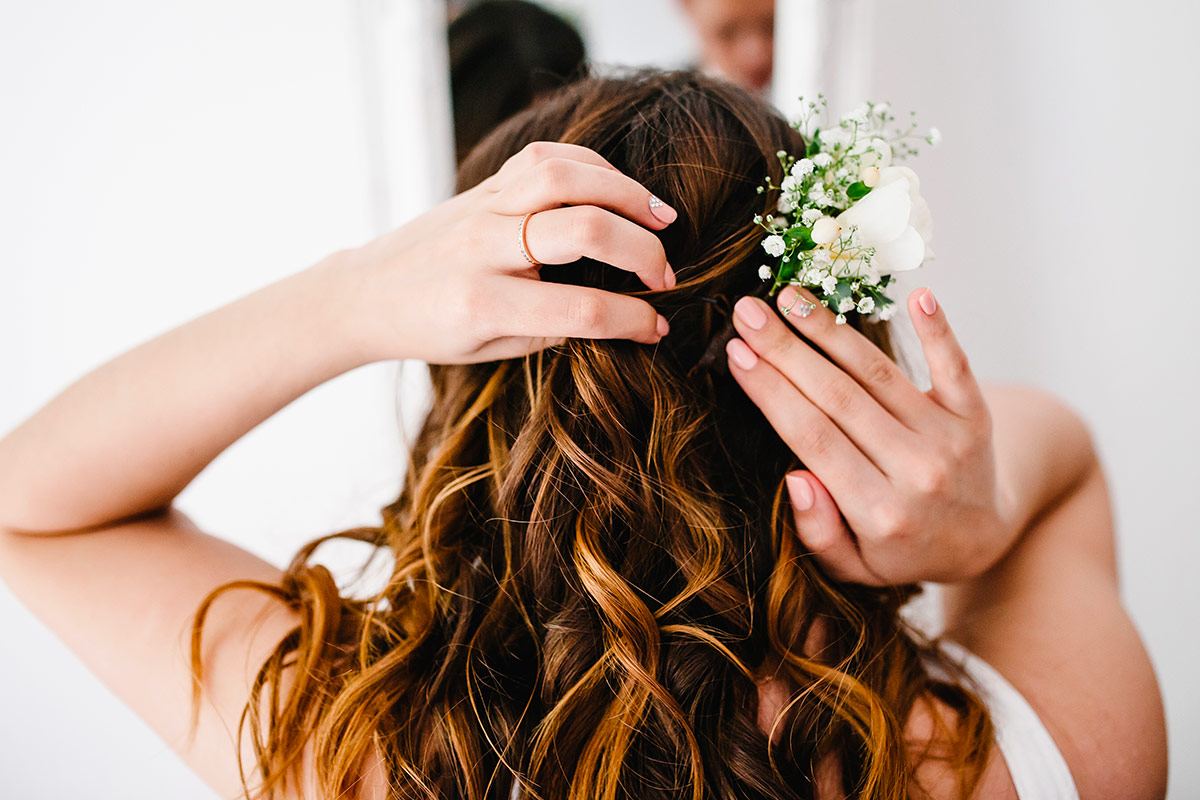
50 Wedding Hairstyles for All Hair Types
Inspiration
Seeking hair inspiration for your wedding day? With DIY tips from expert stylists, check out 50 diverse wedding hairstyles for every hair length, shape, and texture.
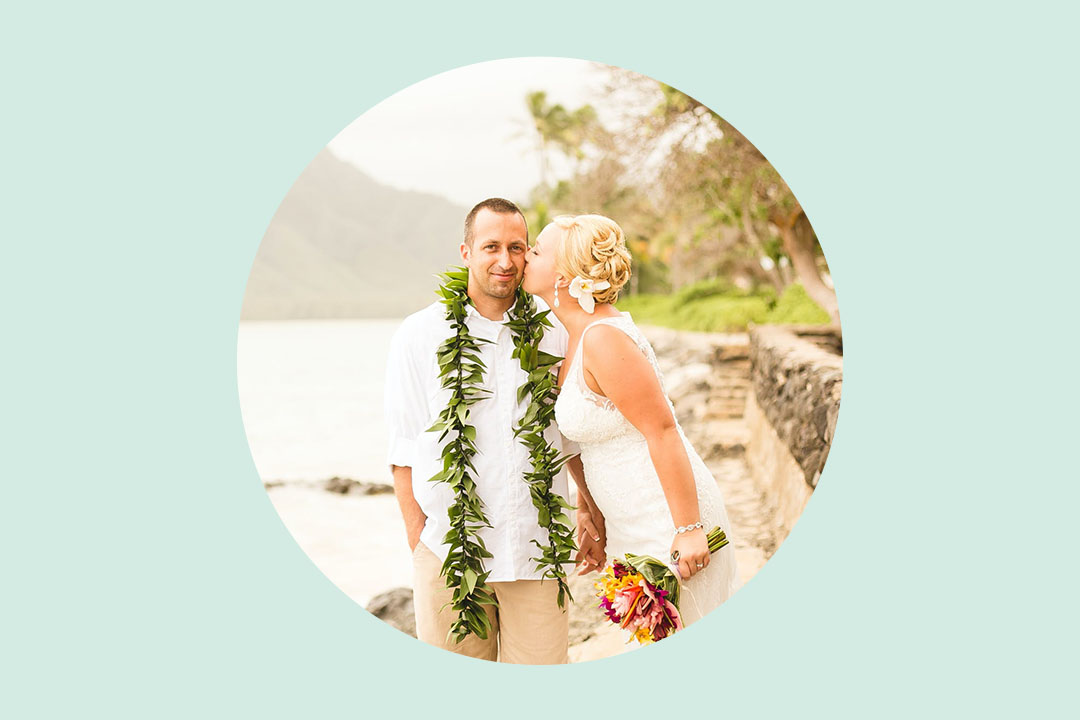
Planning an Elopement: A Comprehensive Guide for the Perfect Getaway
Inspiration
A step-by-step guide on how to elope. We cover everything from choosing your witness to picking the location, so you don’t have to stress about a thing.

Do You Need a Day-Of Wedding Coordinator?
Advice
In short, yes. However, aAsk yourself these questions to determine whether or not you need to hire a wedding coordinator day of, and you won’t regret it.

How to Plan a Wedding: A Step-by-Step Guide
How-To
We’ll walk you through the steps of online wedding planning, highlighting all of Zola’s incredibly easy and intuitive online wedding planning tools that’ll make planning for the big day more fun and less frustrating.
Featured
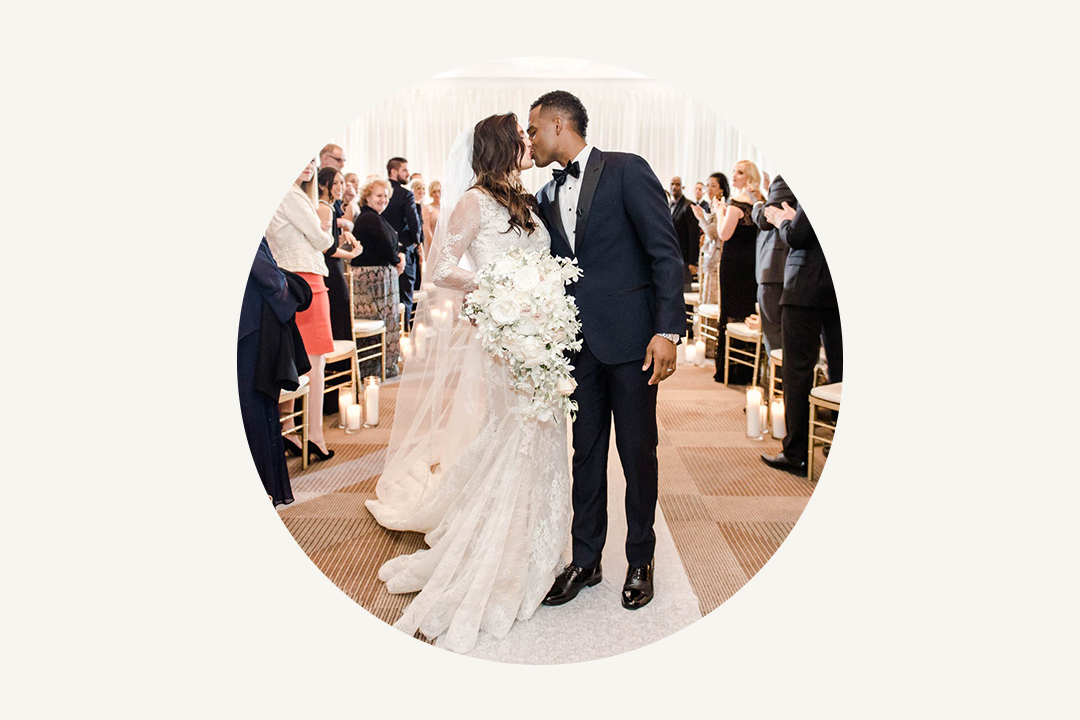
How to Plan Your Sequel Wedding
How To
Getting ready to plan a sequel wedding? Check out our top tips and advice with our latest article.
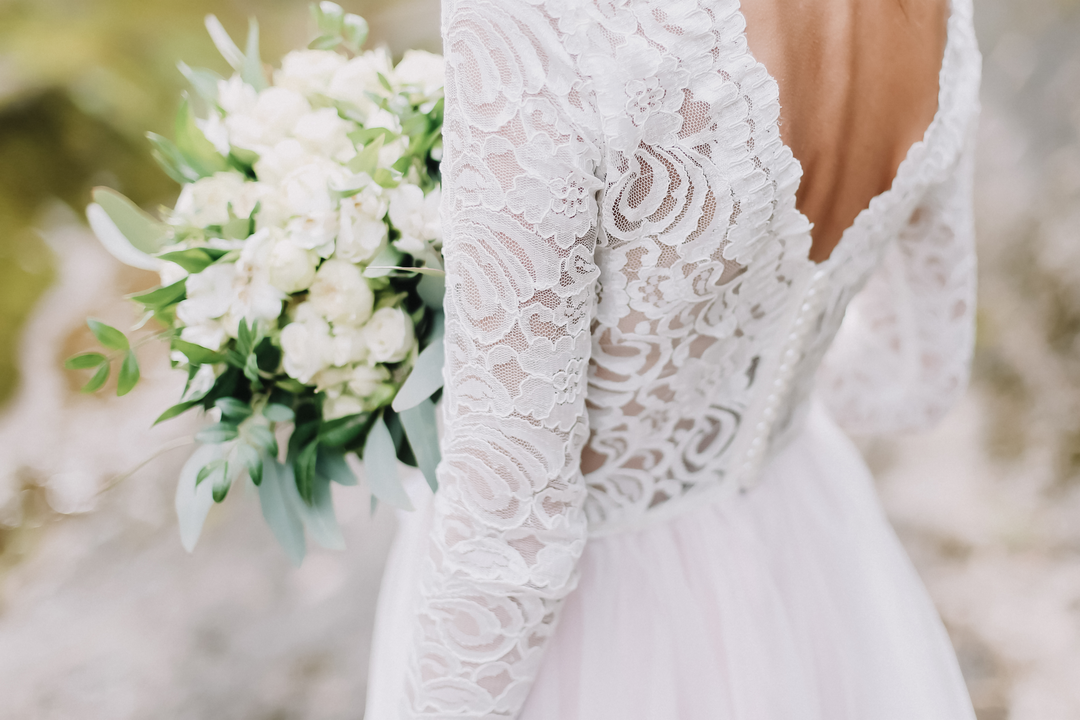
Classic Wedding Dresses For The Traditional Bride
List
Weddings are steeped in love, family, friends, and tradition. Take a look at these gorgeous, traditional wedding dresses to find your perfect fit with Zola.
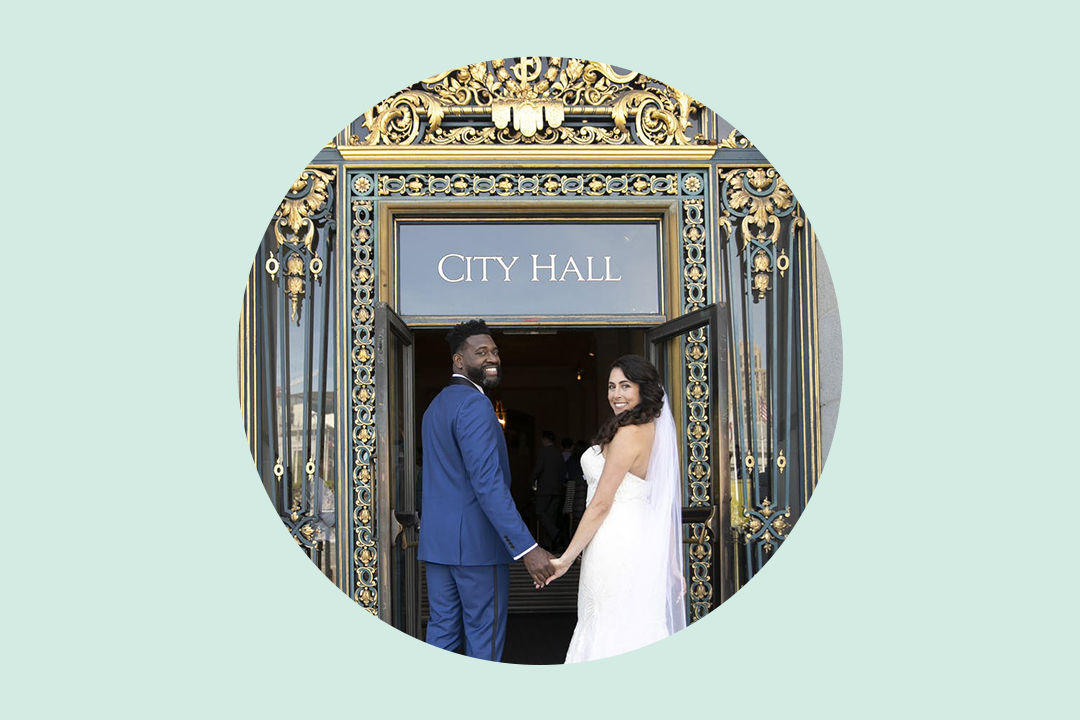
24 City Hall Wedding Ideas for Your Perfect Day
How-To
Want a stylish city hall wedding but have no idea where to start? Use our list of 24 intimate wedding ideas to make this special day truly special.

How to Stop Others from Taking Over Your Wedding Planning
How-To
Zola is here to help you navigate potential pre-wedding fights so that you can stop others from taking over your wedding planning.
- Expert advice/
- Venues & vendors/
- Wedding venues/
- Courthouse Wedding Checklist
Find even more wedding ideas, inspo, tips, and tricks
We’ve got wedding planning advice on everything from save the dates to wedding cakes.
